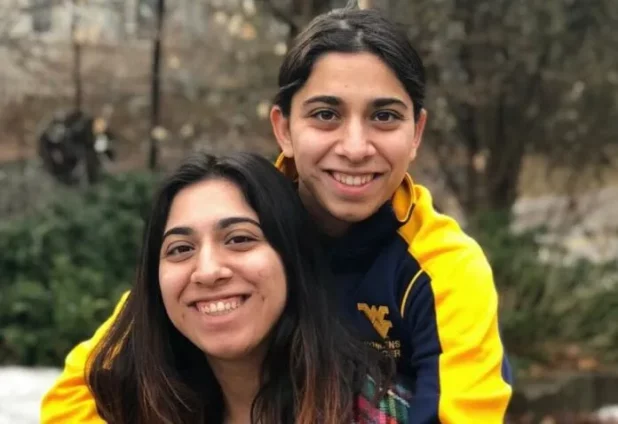A Toronto woman convicted of Inuit identity fraud has been sentenced to three years in prison.
To carry out the fraud, Karima Manji used an Inuk woman, Kitty Noah, to obtain Inuit identities.
Kitty Noah died last year. Her son Noah Noah is pleased with the sentence. pic.twitter.com/BfncBLaYcH
— APTN News (@APTNNews) June 27, 2024
So much for white privilege.
Whites don’t even have the privilege to pretend to be Indians to get Indian privileges.
A Canadian woman who fraudulently claimed her daughters were Inuit has been sentenced to three years in jail, in what is believed to be the first ever custodial sentence for a “Pretendian”.
Karima Manji, whose daughters accessed more than C$150,000 in benefits intended for Inuit, was sentenced on Thursday, after pleading guilty to fraud in February.
Karima Manji
Nunavut justice Mia Manocchio said the case “must serve as a signal to any future Indigenous pretender that the false appropriation of Indigenous identity in a criminal context will draw a significant penalty”.
In recent years, Canada has grappled with a wave of cases in which people falsely claim Indigenous identity. Many of those instances feature vague and questionable affirmations of First Nations or Métis ancestry. Instances of Inuit fraud –and ones in which people successfully obtained official identity cards – are rarer.
According to an agreed statement of facts, Toronto resident Karima Manji submitted paperwork for her daughters Amira and Nadya in 2016 to obtain Inuit identity.
Canada’s Inuit population of around 70, 000 people, mostly lives in Inuit Nunangat, the vast northern homeland that spans more than 3m sq km.
Manji, 59, lived briefly in Iqaluit, the territorial capital, in the 1990s. But her daughters Nadya and Amira were born in Ontario and have no connection to Inuit or to the lands of Nunavut.
To deceive those reviewing the application, Manji claimed that she had adopted the pair, who she said had been born to an Iqaluit woman named Kitty Noah.
Despite going through a vetting review by community members intended to prevent fraudulent enrolment, Manji’s application was approved by Nunavut Tunngavik Incorporated, NTI, which oversees the process.
Amira and Nadya, 18 years old at the time, quickly used their newly acquired Inuit identity to access money from the Kakivak Association, described in court documents as “an organization serving Inuit by … providing sponsorship funding to Baffin Inuit for education-related expenses.”
Between September 2020 to March 2023 Nadya and Amira received C$158,254.05 in benefits from Nunavut organizations, according to the agreed statement of facts. A further C$64,413 was on hold for Amira Gill in the spring of 2023, but was not paid out.
According to a recent feature in Toronto Life, Nadya and Amira were vocal about their Inuit identity while at university. The pair started an online business, Kanata Trade Company, purportedly run by “twin Inuit sisters”.
You could believe the kids were Indians, right?
Nadya and Amira
If race is all about appearance, I don’t see how they don’t pass.


